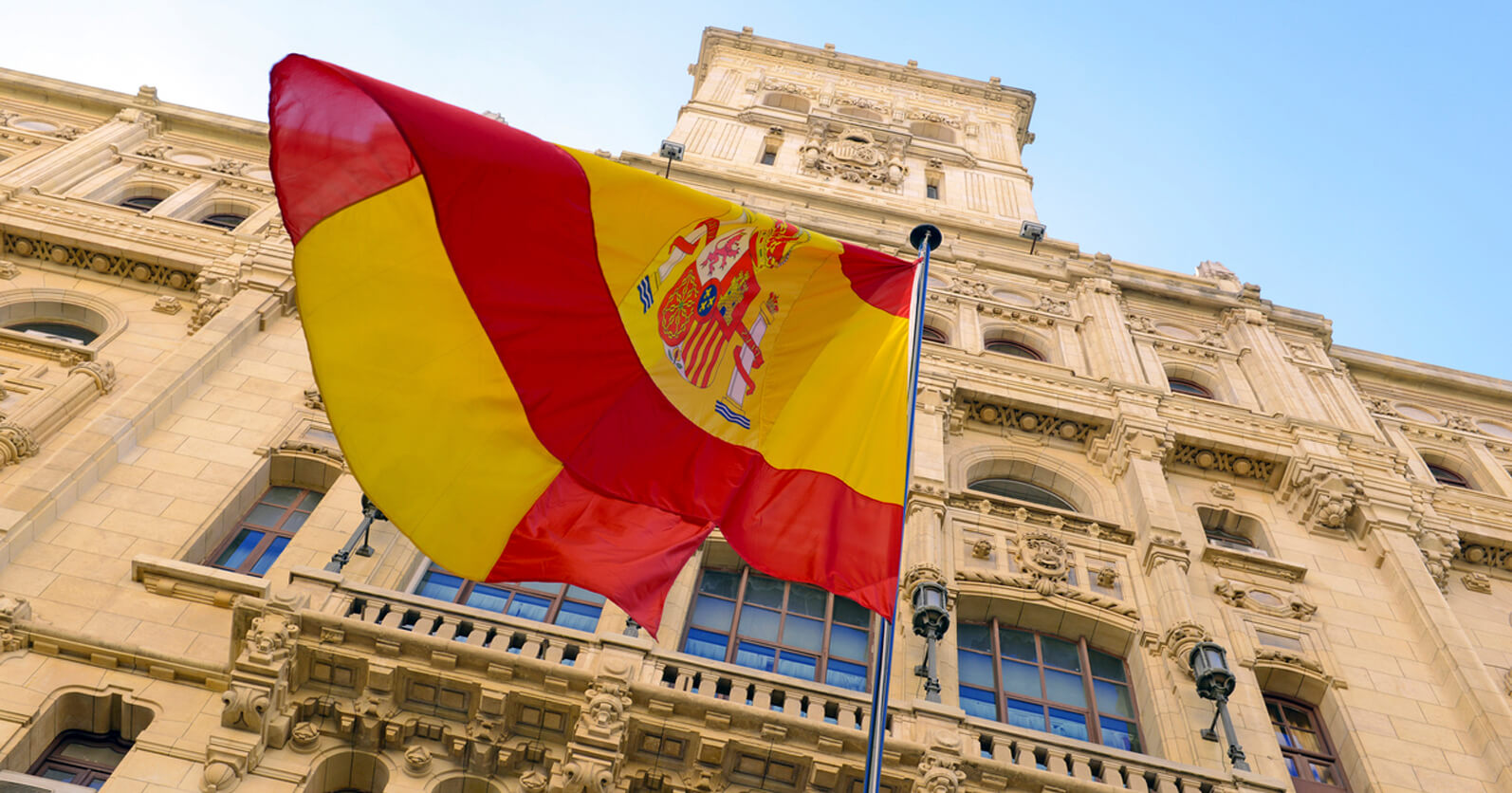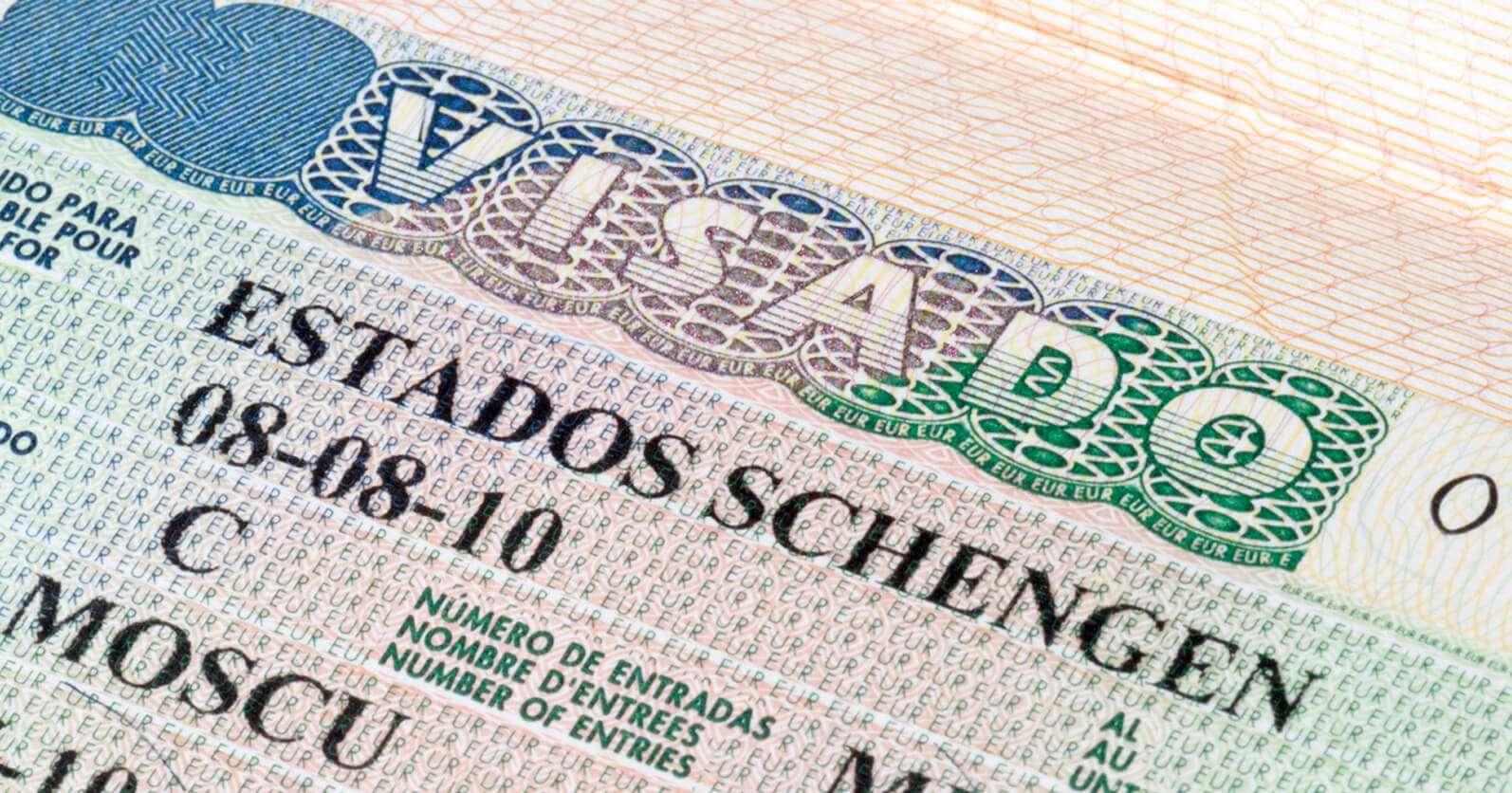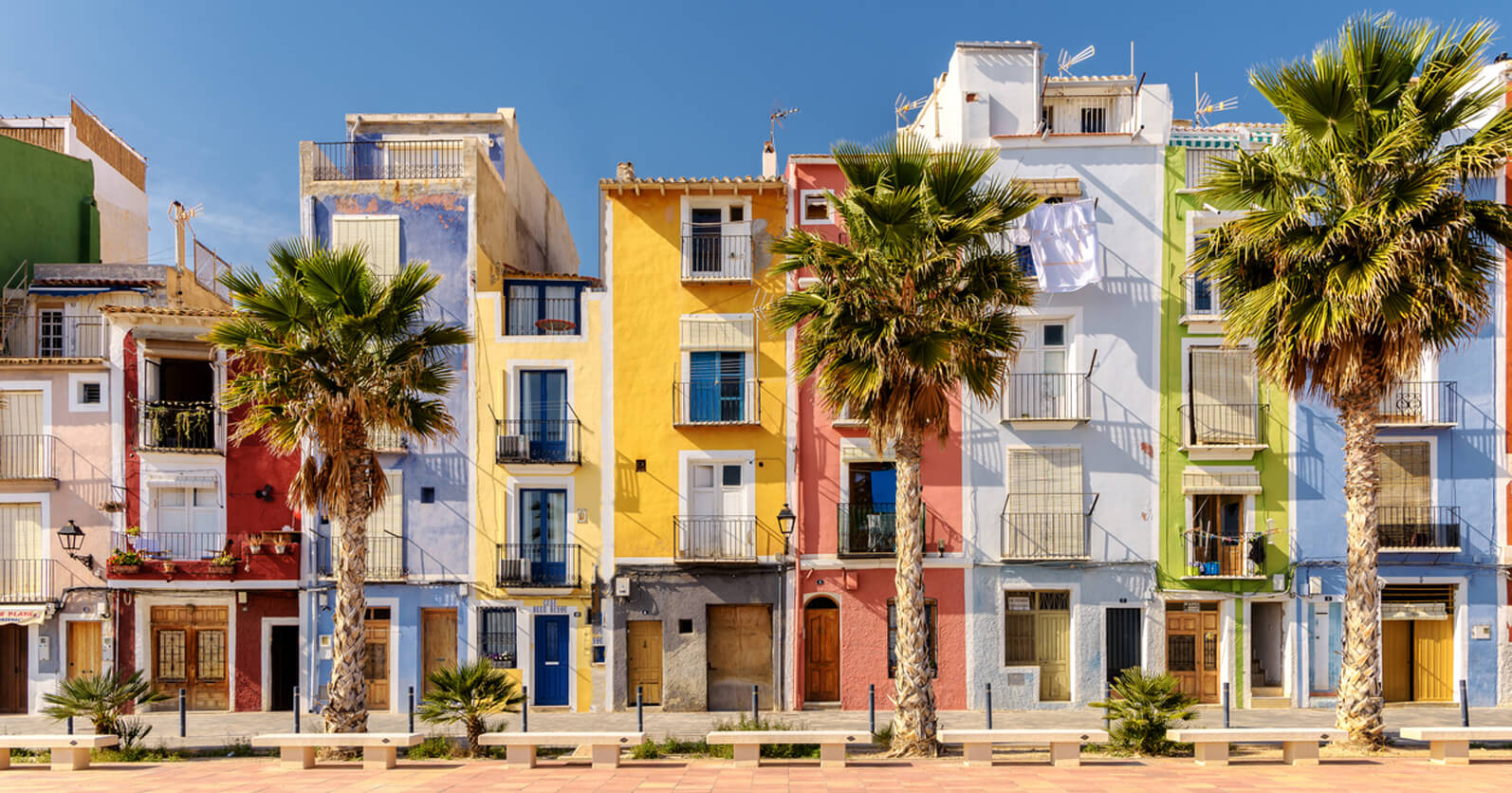
Moving to Spain: A guide for Filipinos
Have you ever considered moving to Spain?
Many Filipinos aspire to move overseas for greener pastures. However, English-speaking countries, such as the USA, Canada, Australia, New Zealand and the UK, are often the most popular destinations they immigrate to.
Filipinos often overlook non-English-speaking countries, such as Spain, due to fear of communication barriers and difficulty settling in. But did you know that Spain is an ideal country for Filipinos wishing to migrate abroad?
Here’s a comprehensive guide on why moving to Spain might be a better option if you’re a Filipino citizen wishing to move overseas. We’ve included helpful information in this article, including the following:
- Information about Spain
- Spanish visa requirements for Filipino citizens
- Cost of living in Spain
- Opening a Spanish bank account
- Finding accommodation in Spain
- Understanding the Spanish healthcare system
- Why move to Spain?
- Sending money to the Philippines from Spain
About Spain

Located in Southwestern Europe, Spain occupies 85% of the Iberian Peninsula, whilst Portugal occupies 15%. Spain is a beautiful country with incredible weather, lush sceneries and a very diverse culture. Here is some more essential information about the country if you plan on moving to Spain:
Official name: Kingdom of Spain / Reino de España
Capital: Madrid
Population: 46.7 million (Worldometer, 2021)
Official language: Spanish
Weather: Spain has incredible sunny weather with mild temperatures. Though the country experiences varying temperatures depending on the season and area, it’s great to travel to Spain any time of the year. If you’re coming from the Philippines, Spain might feel a bit colder, but it has excellent weather compared to other European countries.
Spanish visa requirements for Filipino citizens

Philippine passport holders who plan on moving to Spain need to acquire a visa to enter the country for any reason. This includes both short-term and long-term stays in the country.
Depending on the type of visa you’re applying for, make sure to prepare and submit the required documents to avoid any delay with the visa application process.
Here are the different types of Spanish visas you can apply for as a Filipino citizen:
Long term visa
- Work visa (employed)
- Work visa (self-employed)
- Visas processed under Act 14/2013 (for investors, entrepreneurs, researchers, investors, high-qualified professionals and intra-company transfers)
- Residence visa (no lucrative)
- Residence visa with work permit exception
- Service transnational visa
- Student visa
- Student visa – internship
- Student visa – au pair
- Accreditation visa (diplomatic service)
- Recovery of long-stay residence
Once you’ve secured your visa, you’re all set to move to Spain!
Cost of living in Spain

One great thing about Spain is the relatively low cost of living that comes with excellent living standards. According to Numbeo, the living costs in Spain are about 19.86% lower than that of the UK, whilst the rent prices are approximately 30.10% lower than the UK’s. Despite this, Spain ranked 5th on HSBC’s Expat Explorer league table based on an expat destination survey, whilst the UK ranked 28th.
To give you an idea of how much it would cost you when moving to Spain, here’s a detailed breakdown from Numbeo:
Accommodation (Monthly Rent)
City Centre
1 bedroom apartment: €747.25
3 bedroom apartment: €1,284.70
Outside the City Centre
1 bedroom apartment: €597.26
3 bedroom apartment: €925.37
Utilities (Monthly Bills)
Apartment Electricity, Water, Heating/Cooling (85 sqm apartment): €118.37
Internet: €37.51
Groceries
Rice (1kg): €1.15
Loaf of Bread (500g): €1.00
Chicken (1kg): €6.03
Beef (1kg): €10.41
Milk (1 litre): €0.79
Eggs (1 dozen): €1.93
Water (1.5 litres): €0.64
Transportation
One-way Transport Ticket: €1.40
Monthly Pass: €40.00
Gasoline (1 lire): €1.51
Taxi (1km): €1.06
Opening a Spanish bank account

If you’re planning on moving to Spain or staying in the country long-term, it is advisable to open a local bank account. Although you can use an overseas bank account as long as they are Mastercard, Visa or American Express, this option can end up quite costly. You’ll have to pay additional charges for bank fees and exchange rate markup.
To avoid paying these unnecessary charges, open a Spanish bank account. There are plenty of banks you can choose from, from local Spanish financial institutions (e.g. BBVA, Banco Sabadell, Santander) to renowned international banks (e.g. Barclays, Citibank, Deutsche Bank, HSBC).
To open a bank account in Spain, you’ll normally need the following:
- Proof of identification
- Proof of address
- Proof of employment or student status (e.g. student ID, employment contract, etc)
- Número de identificación de extranjeros (Spanish foreigner identification number (NIE) and certificate)
The NIE will prove your legal status to stay in Spain for over 6 months. You will get this when you receive your Spanish Foreigner Identity Card.
You also have to keep in mind that all documents that you need to submit must be officially translated into Spanish.
Finding accommodation in Spain

If you’re moving to Spain long-term, finding accommodation is one of the few things you need to tick off your checklist first. As a newcomer to the country, it would be better to rent out a place first before purchasing a property. Doing so would allow you to test the waters and help you find the best place to call your new home.
There are different ways to find properties in Spain. The most common way is still through an estate agent. However, you can also look online or through newspaper adverts.
Even if you’re still in the Philippines, you can start looking for properties online to understand better how much they cost, what they look like, and where they are located.
To rent a property, you would typically need to provide the following
- Proof of identification (e.g. passport)
- Evidence of employment (e.g. contract of employment)
- Tax identification number
- Personal references
However, do not rush reserving a property. Don’t send any payment if you haven’t viewed a property or spoken to the listing poster. It is always advisable to see the property in person (or at least online via video call) and to do your research on the advertiser beforehand to avoid getting scammed.
Understanding the Spanish healthcare system

Healthcare is another essential thing to consider if you’re moving to Spain long-term. The great news is that healthcare is free of charge to residents of Spain, including foreign residents, as long as you fall under one of the following categories:
- An employed or self-employed resident paying social security contributions
- Students under 26 years old
- Living in Spain and receiving state benefits
- A resident of Spain and a recent divorcee registered with social security
- State pensioner
- Temporarily residing in Spain with an EHIC card
It’s also important to note that the Spanish healthcare system is not centralised, which means that you’ll have to check your local area’s system before availing of their services.
For more information on the Spanish National Healthcare System (Instituto Nacional de Salud), click here.
Why consider moving to Spain?

There are different reasons why Filipinos should consider moving to Spain. Not only does the country boast beautiful sceneries and magnificent architecture, but it also offers an attractive citizenship route for Filipinos.
The acquisition of Spanish citizenship is generally quite lengthy for non-Filipinos. They would need to have valid residency for at least 5 years before they can apply for permanent residency. Then, they need to have permanent residence status for another 5 years before they can apply for citizenship.
However, this isn’t the case for Filipinos. Under the Spanish civil code, nationals from former Spanish colonies, including Filipinos, only need 2 years of legal residency, provided they’ve achieved the following:
- Apply for citizenship immediately after 2 years of legal residence.
- The 2-year residency is legal and continuous.
- Pass the following tests:
- Spanish language tests that cover writing, reading and speaking at the Common European Framework of Reference for Languages (CEFR) level A2
- Written General Certificate of Secondary Education (GCSE) test on Spanish laws, society and history
Though foreign nationals would generally need to renounce their former nationality to obtain Spanish citizenship, Filipinos and nationals from former Spanish colonies can have dual citizenship.
For more information on Spanish immigration, click here.
Sending money to the Philippines after moving to Spain

Once you’ve successfully relocated to Spain, you may need to send money to your loved ones back home from time to time. Though there are plenty of money transfer services to choose from, you have to consider their exchange rates, transfer fees and delivery time.
Kabayan Remit understands what overseas Filipinos need and look for from a remittance provider. That’s why it offers a fast, convenient and reliable service to provide overseas Filipinos peace of mind when sending money back home.
Kabayan Remit will soon resume its operations in Europe, so you will soon be able to send money from Spain to the Philippines.
Follow Kabayan Remit on Facebook to stay on top of the latest updates.
